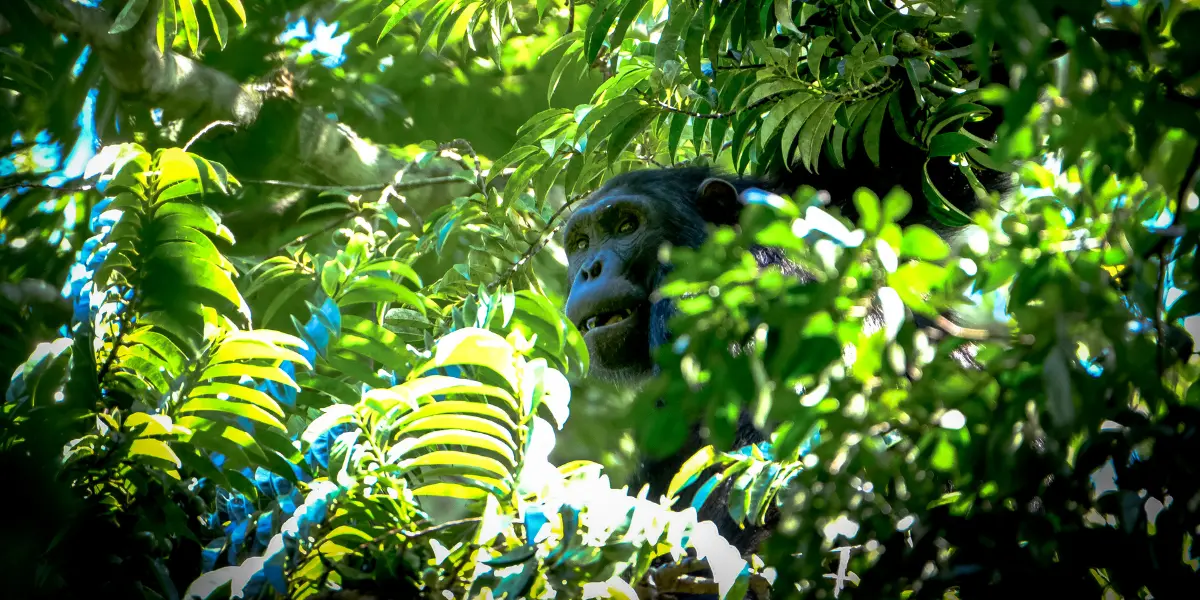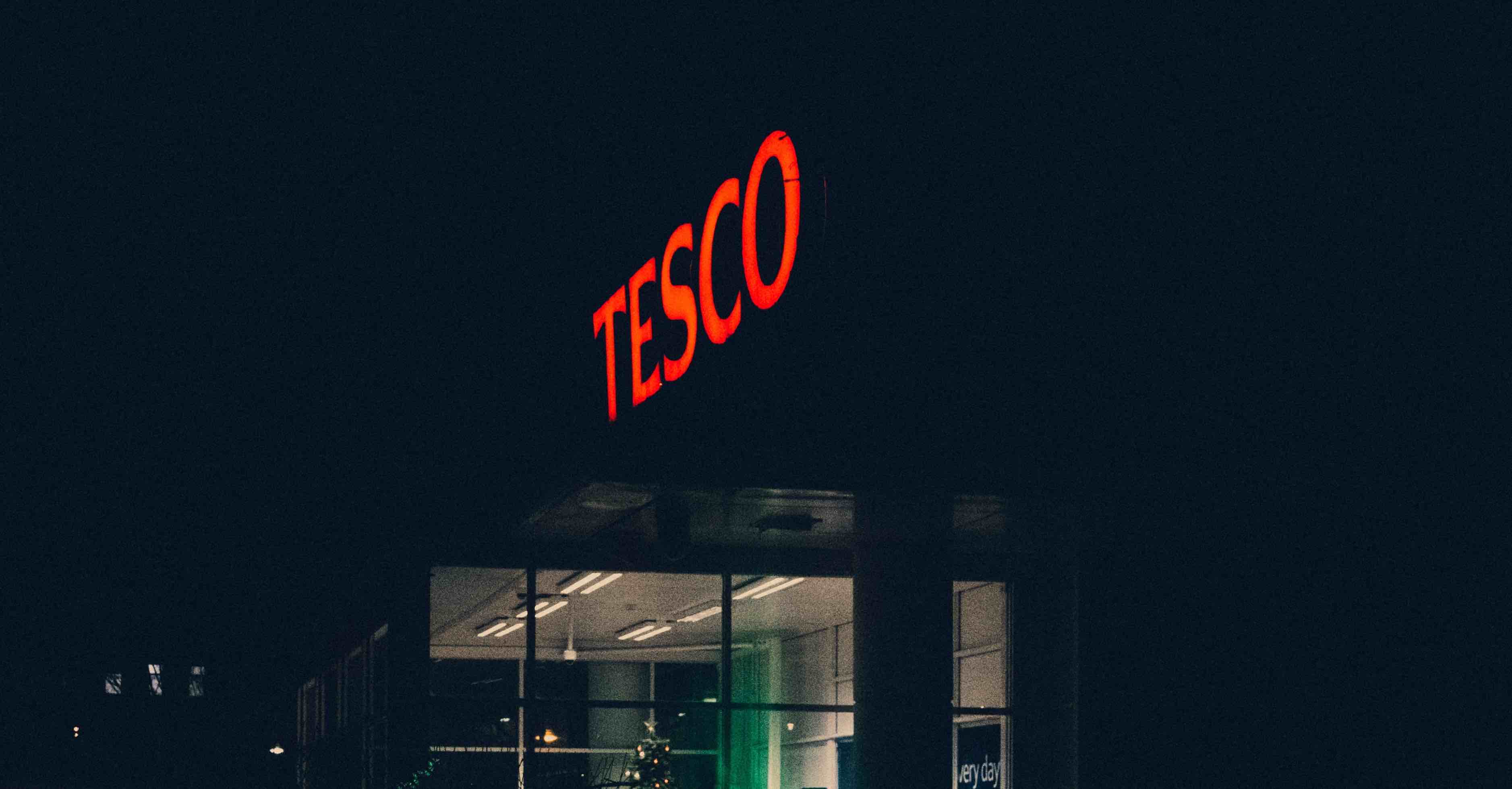Just like the NHS, Cream Teas, the Queen and my favourite Prince Philip, the BBC is a well-established British institution.
Of course, it has issue. For example it doesn’t publish the salaries of Clarkson, Paxman and others, it got embroiled in the Saville scandal and there are always questions about whether or not license payers get value for money.
But the corporation must be given credit as well. It dared for example to invite Nick Griffin to their flagship debate programme Question Time back in 2009 and its coverage of last year’s Olympic Games was fantastic without doubt. Furthermore, where on earth would we be without iPlayer?
Our public service broadcaster can also be commended for its embrace of social networks. This is because it has a significant presence on Twitter, with accounts for TV and Radio shows and channels such as BBC Three, The Today Programme and Springwatch, and major events including the Glastonbury Festival and the Proms. In addition, there is a presence for breaking news stories, world, continental, county and city news, other news genres (Sport, Politics, Weather) and current affairs stories in other languages, including Welsh, Turkish and Urdu.
These efforts by the BBC to promote its programmes and channels on Twitter have also partly encouraged various presenters to have an account, including the Business News Editor Robert Peston, Graham Norton and cricket commentator Jonathan Agnew. Whether or not the corporation has any editorial control over what is published is a different matter though. They are responsible however for numerous hashtags. Those who watch Question Time religiously on Thursday evenings for example will be familiar with #bbcqt, whilst viewers of the The Voice may be aware of #teamjessie, #teamwill et al.
Apart from Twitter, the corporation has a similar and significant presence for its channels, shows and news output in English and other languages on Facebook, but with a greater emphasis on images. There are also a number of similar accounts on Google +, although just like many other accounts on this site, they don’t seem to be updated as often. Furthermore, the BBC has made use of Instagram to promote Children In Need, developed travel, food and future accounts for Pinterest and hosted numerous blogs on its website, including one their Political Editor (and former young conservative) Nick Robinson.
The online activities of the BBC can be criticised in two ways though. First, although there are numerous accounts, hash tags and retweets, there is little direct engagement about individual’s opinions. Most importantly however, there is no opportunity to put forward your opinions about recent programmes directly to the corporation on social media. This might be because any account would reduce the chance for staff to laugh and throw letters in the bin in disgust.
In summary: very good, but just that little bit more accountability would make it even better!




